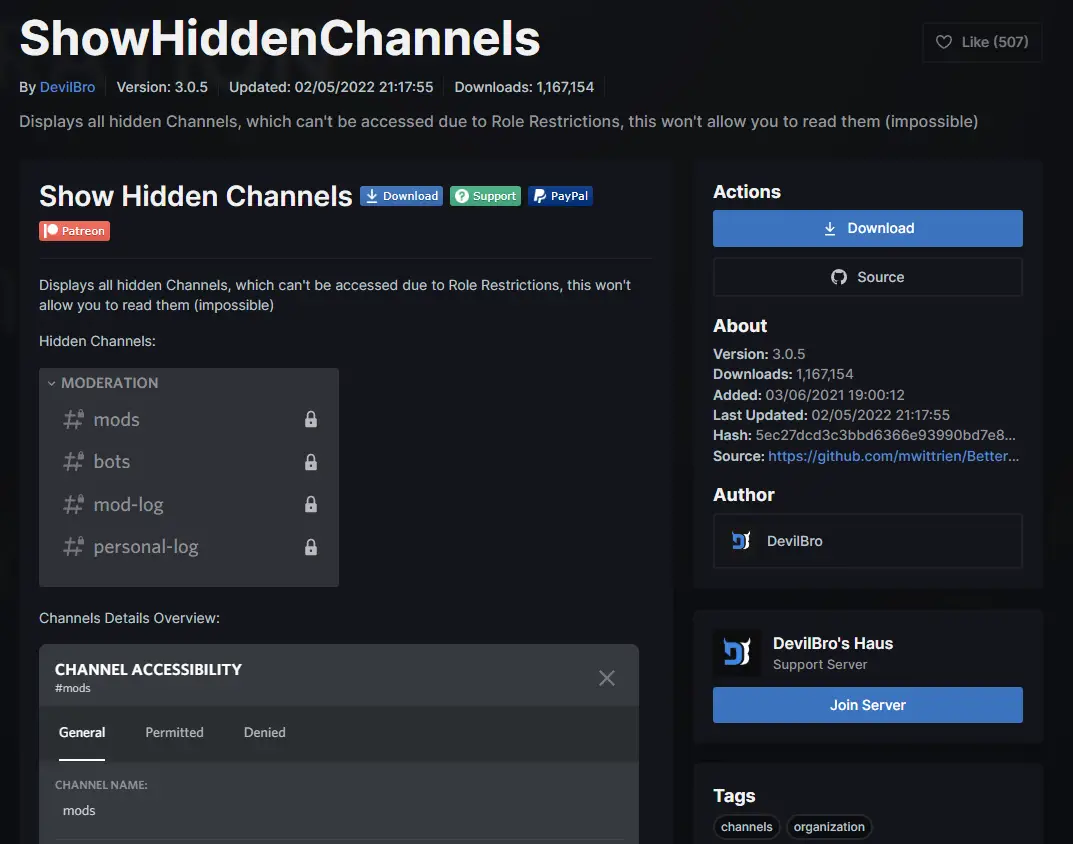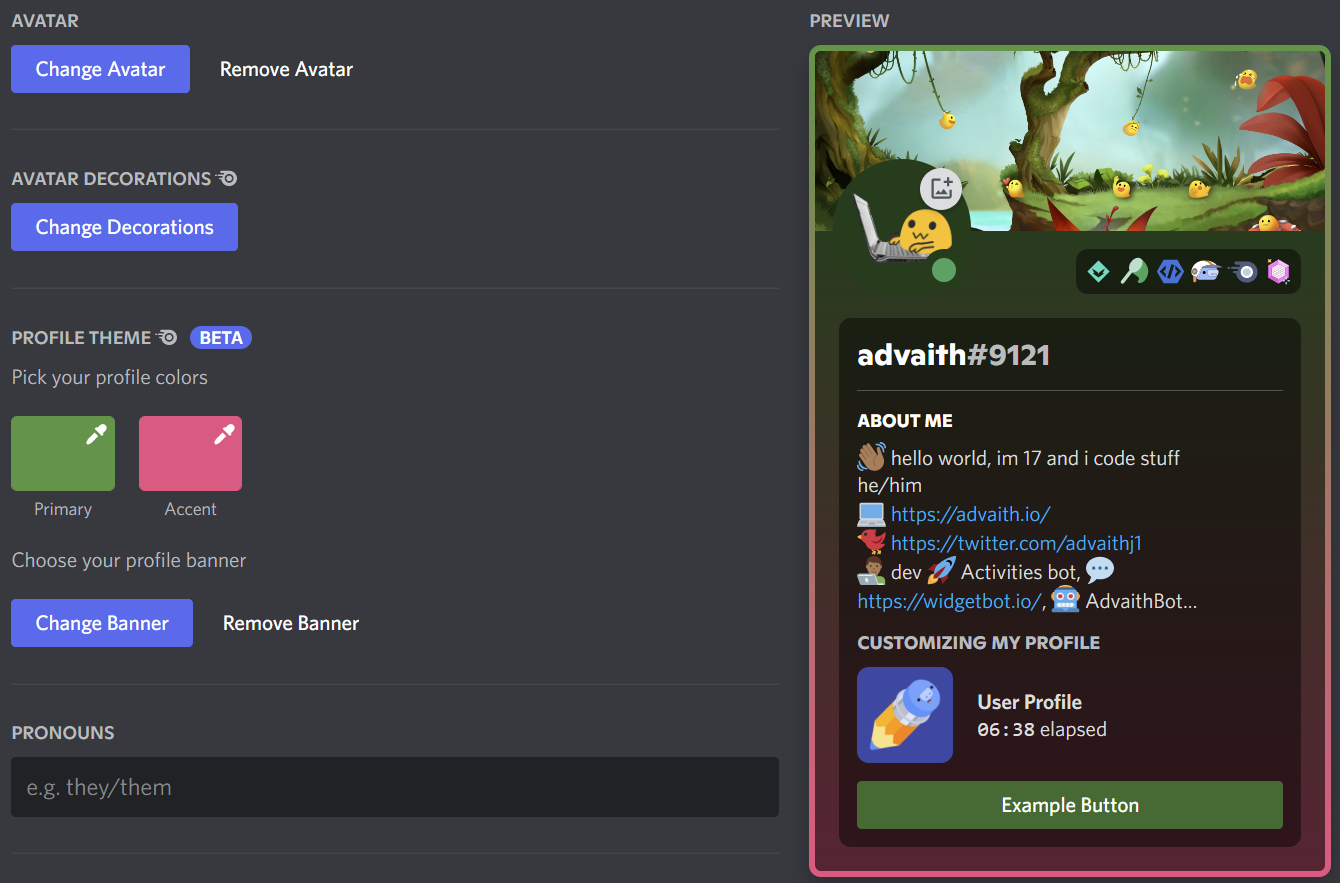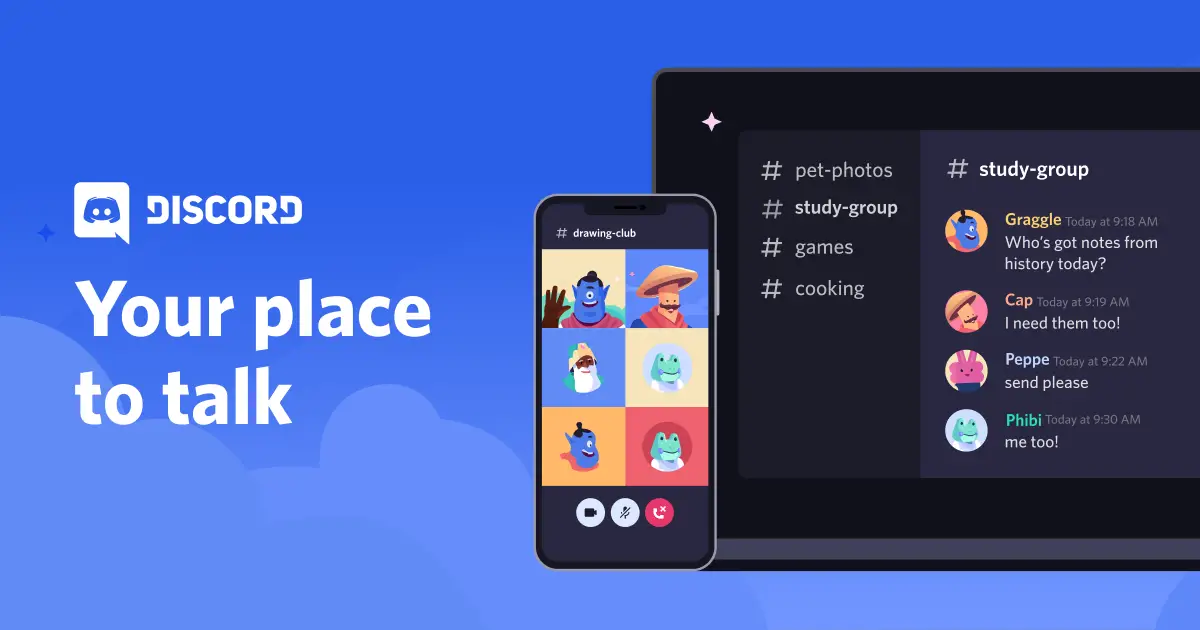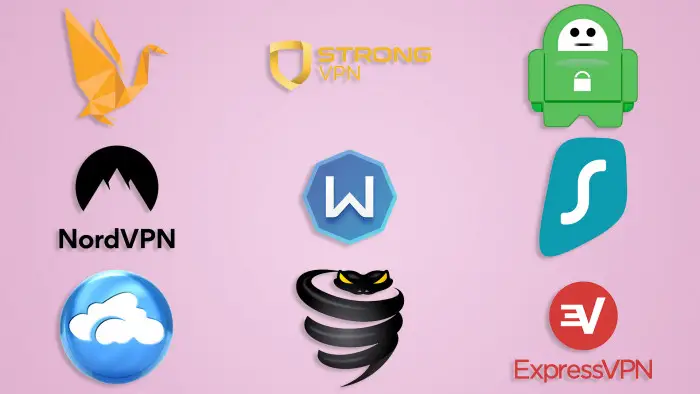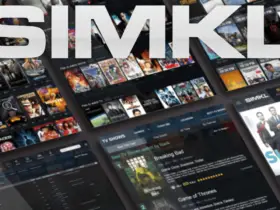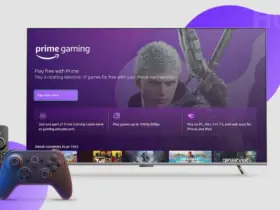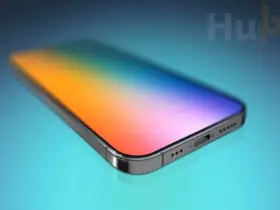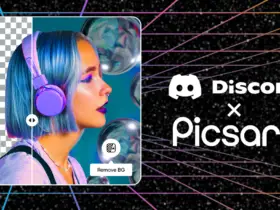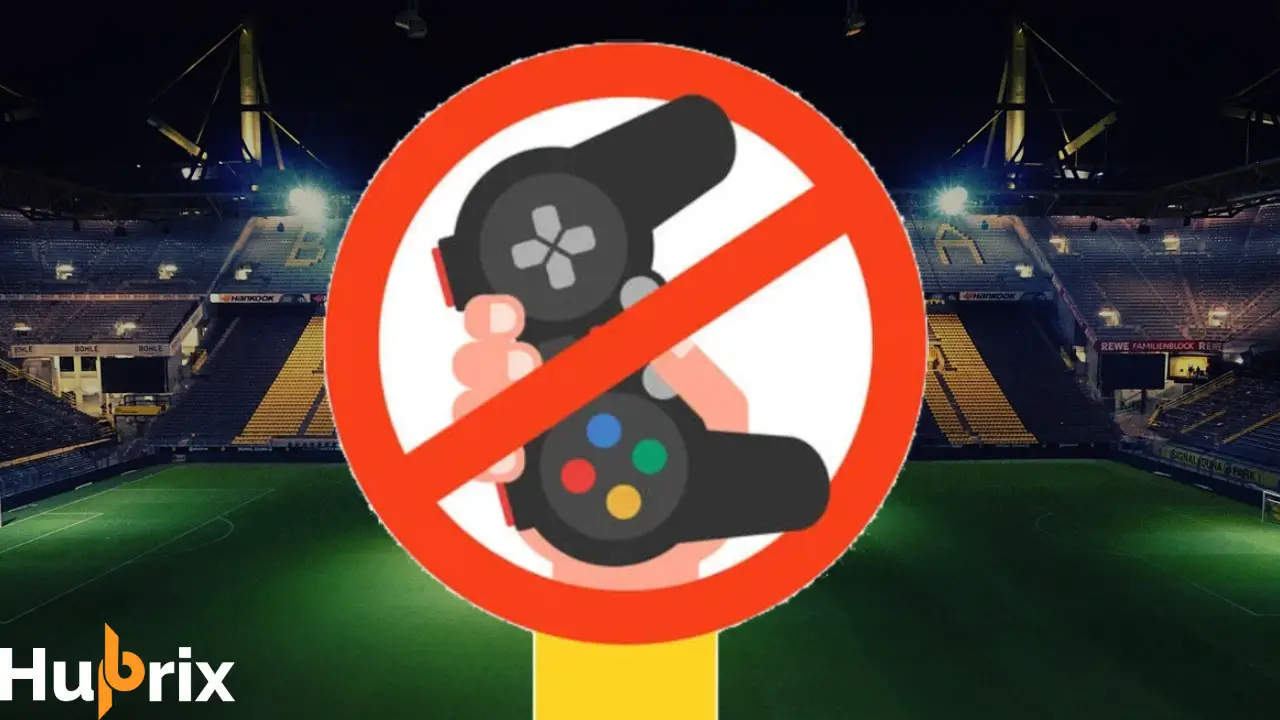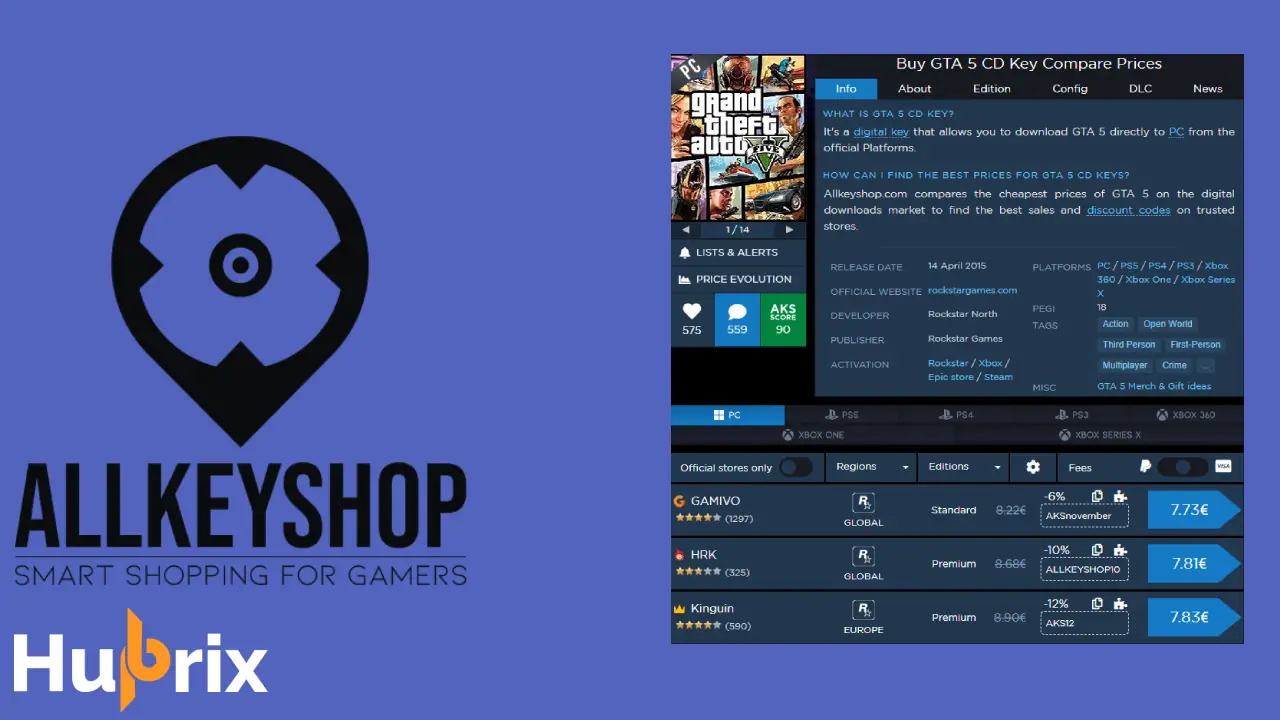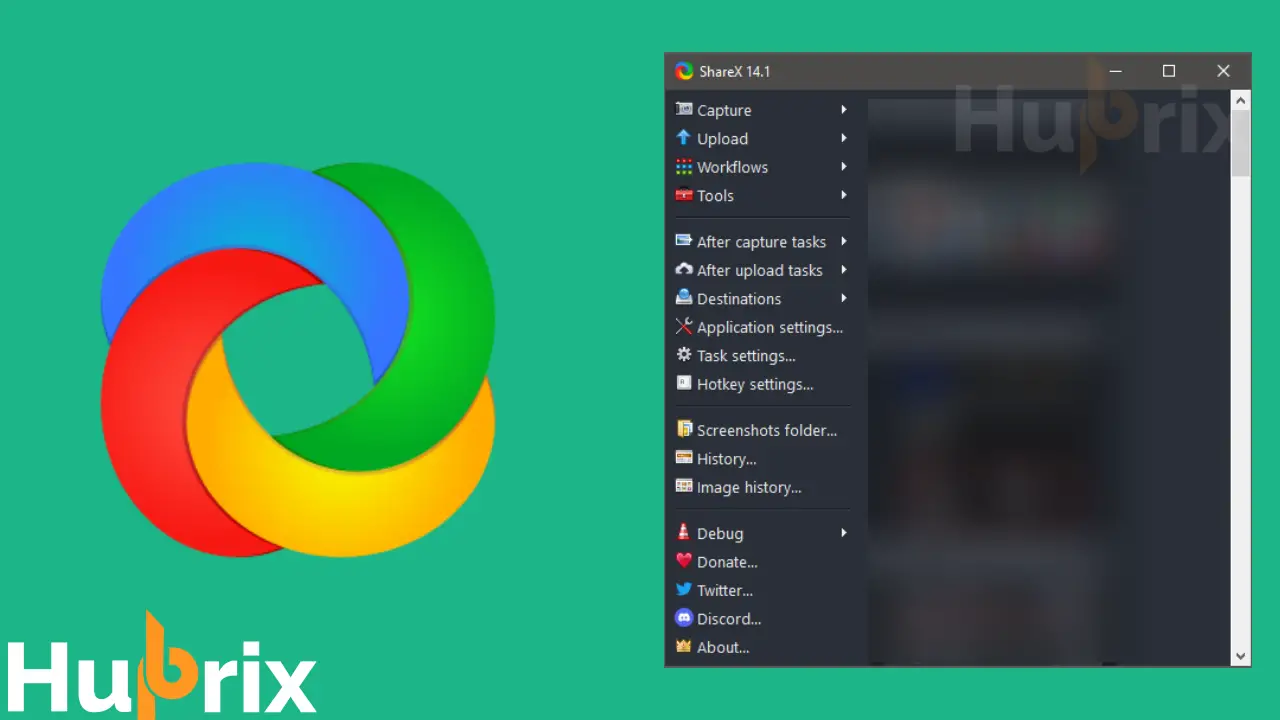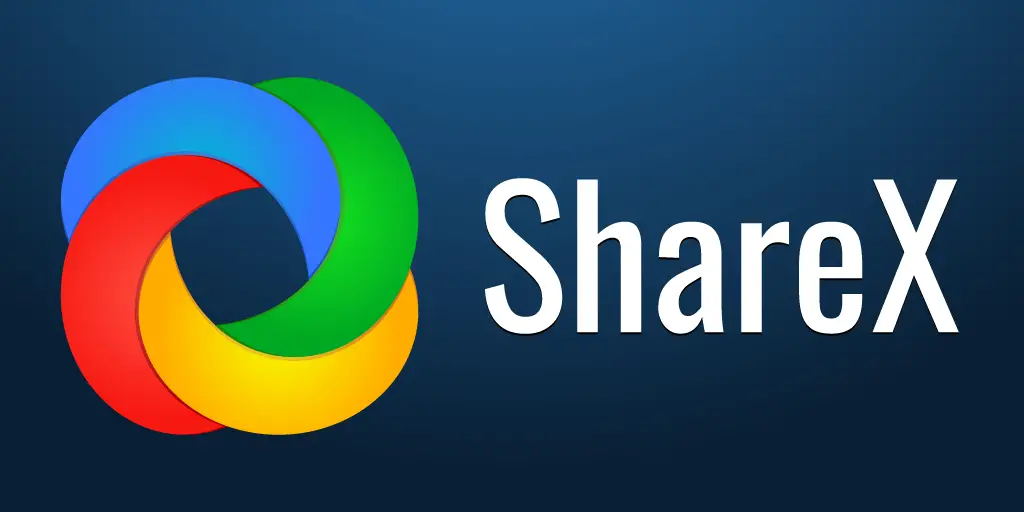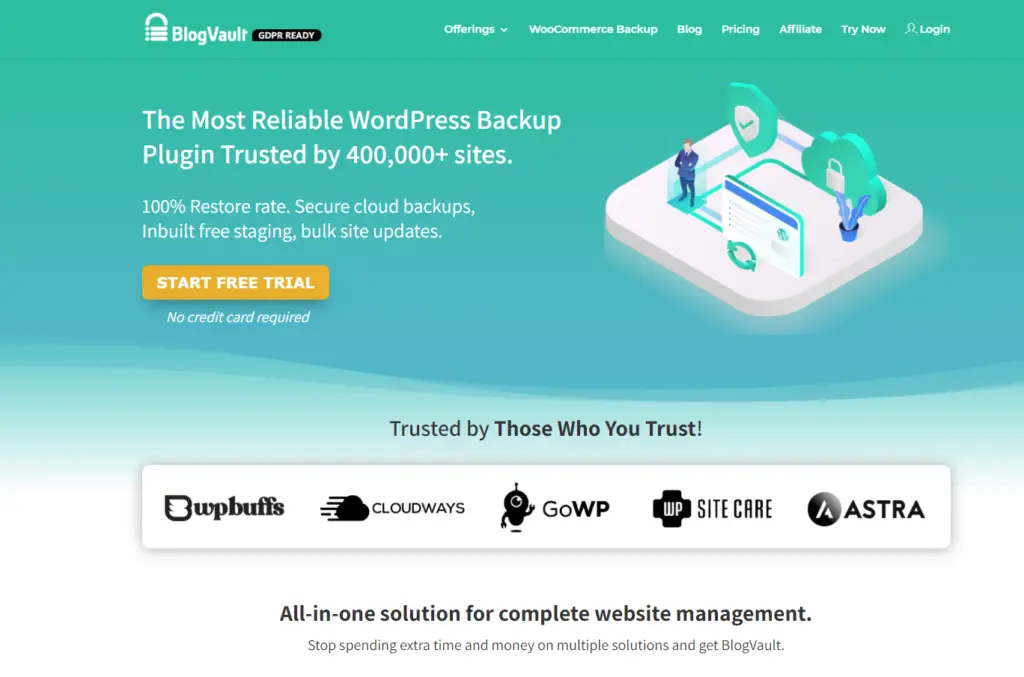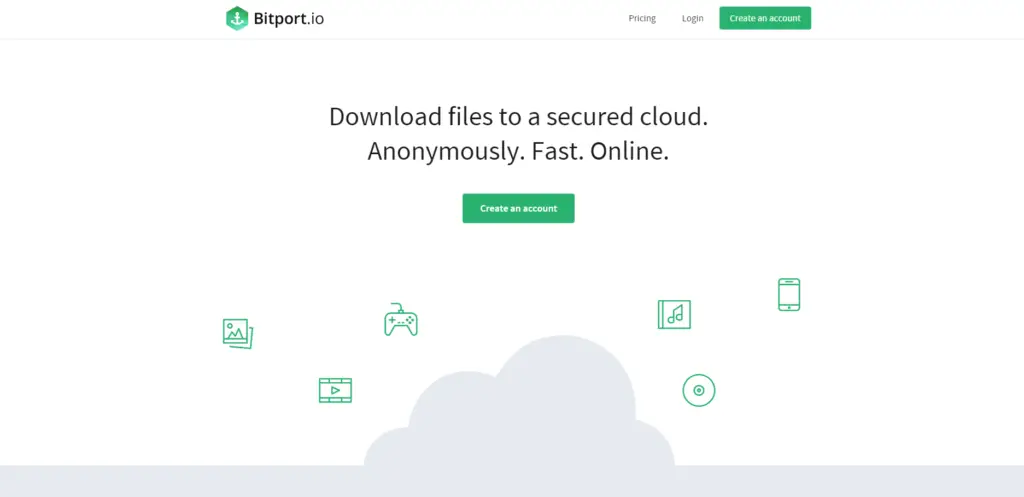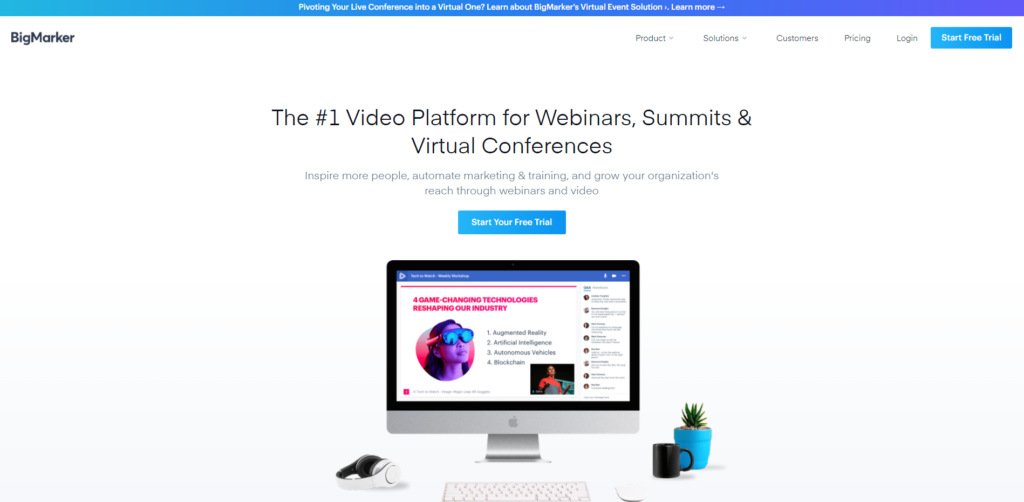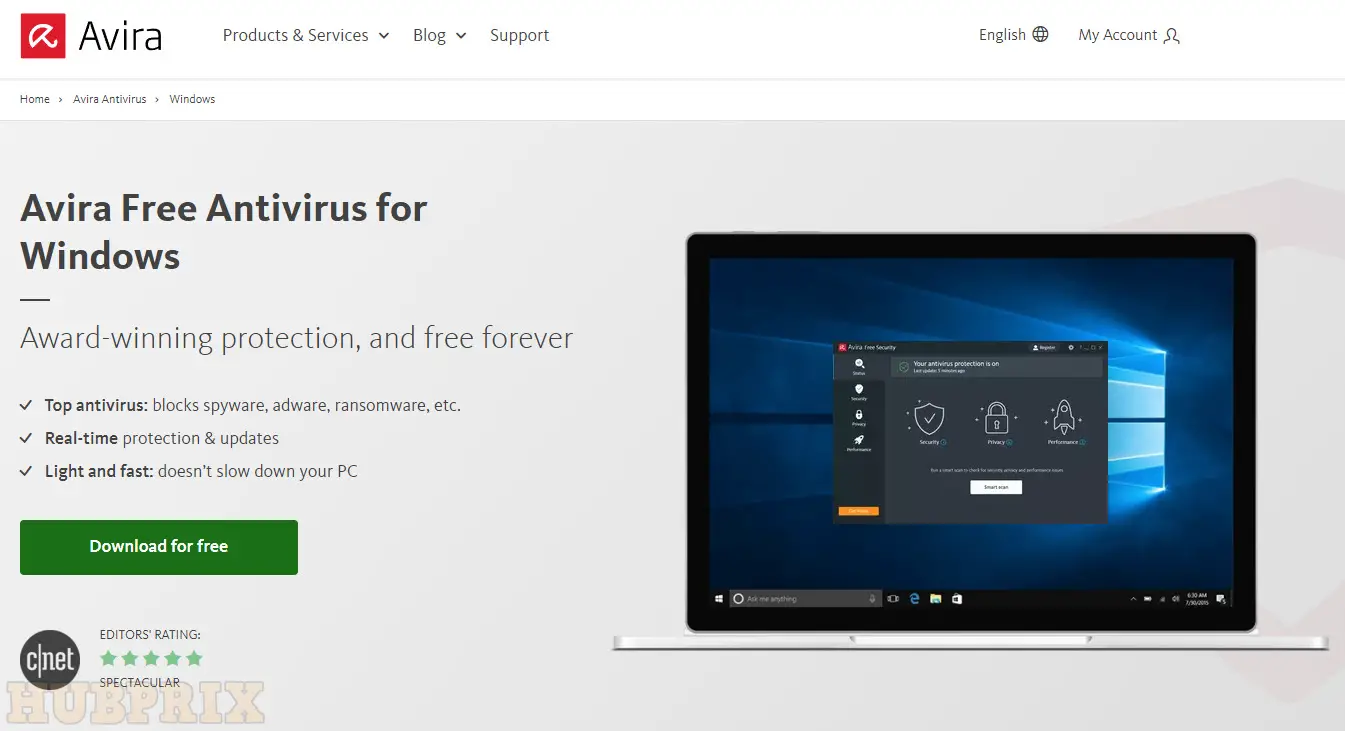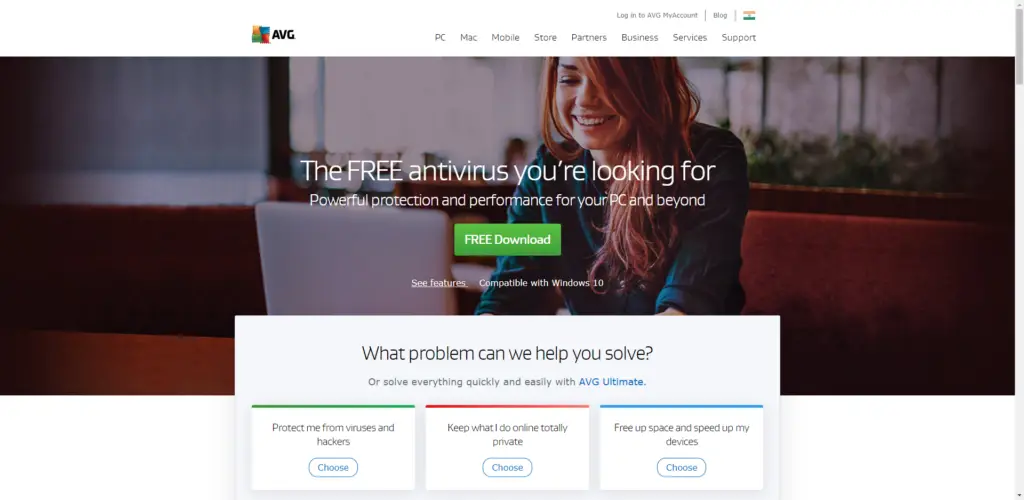Virtual Private Network is what VPN stands for. When you connect to a VPN, all the data you send, like requests to servers when you browse the web, looks like it came from the VPN, not your ISP. This hides your IP address, which can be an important way to protect your privacy since your IP address gives a general idea of where you are and can be used to find you.
NordVPN
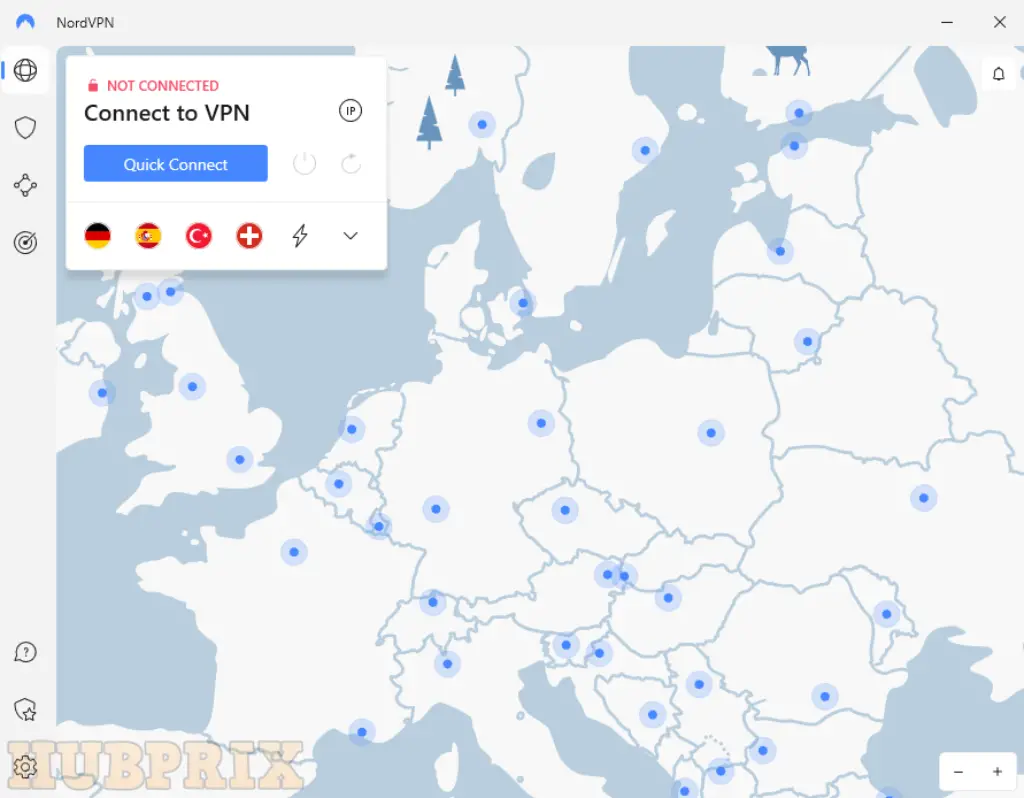
NordVPN is one of the most well-known VPN services. It has a good number of simultaneous connections, with six, while most other providers have five or fewer. For people who want a different level of VPN connection, NordVPN also has a dedicated IP option. It also offers you VPN into Tor. More than half of Nord’s more than 5,000 servers are set up for peer-to-peer file sharing, but torrenting is blocked in 14 countries.
In our most recent tests, the kill switch on Nord’s iOS app had a few glitches, which could be a problem for torrenters. But Nord’s website offers a sideloaded iOS that it recommends for users. In our most recent speed tests, NordVPN’s performance went from being in the middle of the pack in 2021 to being one of the fastest VPNs we’ve tested, with just 13% of our base internet speed lost.
NordVPN doesn’t accept PayPal payments, but you can buy a subscription with any major credit or debit card, AmazonPay, Google Pay, or an ACH transfer. If you’d rather pay without being seen, you can use cryptocurrencies like Bitcoin, Ethereum, Tether, or Dogecoin.
ExpressVPN
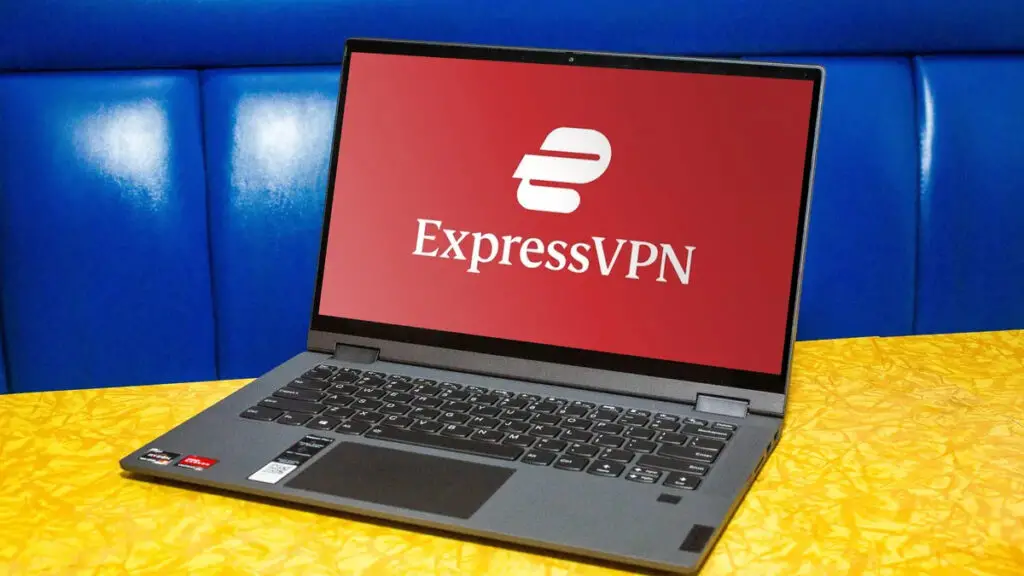
ExpressVPN is currently the fastest VPN we’ve tested in 2022, causing us to lose less than 2% of our total internet speed. Its apps for iOS and Android are made to connect quickly and easily with as few steps as possible. On its home screen, there is a single button that lets you connect quickly. The only other option is a drop-down menu that lets you choose a server location. By default, the server location for the city closest to you is chosen.
All of ExpressVPN’s other features, like its security and privacy tools, account and settings options, and support page, are hidden under a simple three-bar icon in the top left corner of the screen. And you should look into them. ExpressVPN has an IP address checker, two leak testers, and a password generator that are all built in.
In the past year, ExpressVPN has increased the number of independent third-party audits, released information about how its TrustedServers are set up, joined the i2Coalition to call for better ethics in the VPN industry, and put out an open source encryption protocol called Lightway.
All of our top VPNs are compatible with a wide range of platforms and operating systems, but ExpressVPN has a clear advantage for users because it has setup guides, detailed FAQs, and troubleshooting articles. So does its customer service, which is available 24 hours a day, 7 days a week.
ExpressVPN has been in business since 2009, and it has a large network of more than 3,000 RAM-only servers in 160 places in 94 countries. The best plan from ExpressVPN offers you connect five devices at once and costs $100 per year (which includes three extra months, for a limited-time deal totaling 15 months of service). You can also choose a plan that costs $13 per month or $60 for six months.
Surfshark
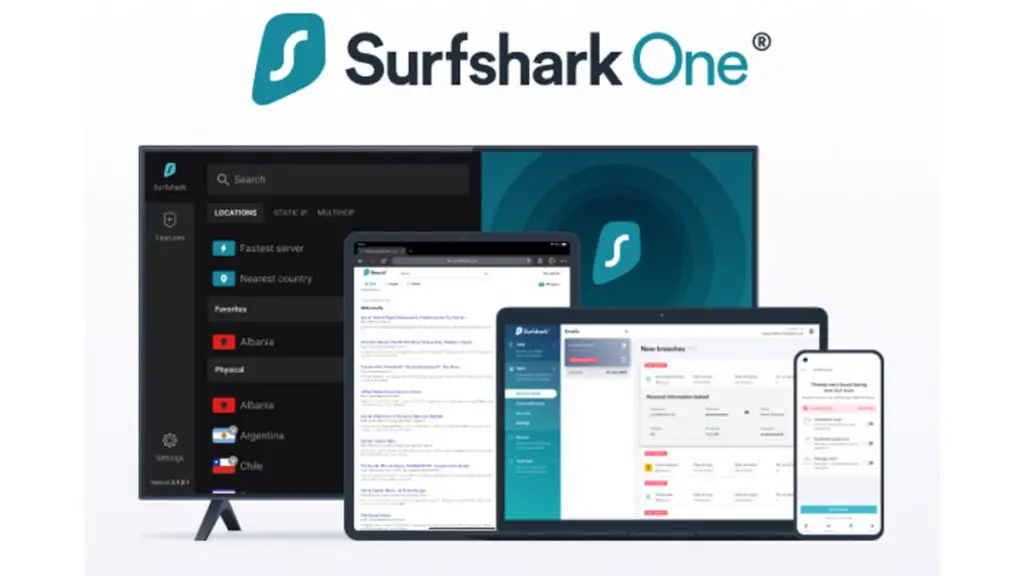
Even though Surfshark’s network is smaller than some, the speed and service of features make up for it. In February, Surfshark and NordVPN announced that they would be joining forces. This is part of a larger trend of the VPN industry to get smaller. Even though they are now part of the same company, each VPN runs its own network.
Let’s start with the best thing it has to offer: it works on any device. If you want to use Surfshark’s VPN to run your whole home or office, you don’t have to worry about how many devices are on or connected. Its software also offers anti-malware, ad-blocking, and tracker-blocking features.
Also, it’s quick. During our most recent speed tests, we lost less than 17% of the average internet speed, even though we have more than 3,200 servers in 65 countries. That’s faster than the 27% speed loss we saw in our previous tests, and it puts it ahead of ExpressVPN as our current speed leader.
All of those servers are optimised for torrenting. And while it’s not the best VPN for torrenting (port forwarding is limited), Surfshark’s obfuscation and automatic killswitch still make it a good choice for peer-to-peer sharing.
The privacy of Surfshark’s Chrome and Firefox extensions was checked by the German security firm Cure 53 (PDF link to full report), which was hired by Surfshark. The extensions got mostly high marks.
The company has a wide range of apps that work on Mac, Windows, iOS, Android, Fire TV, and routers. Through DNS settings, Surfshark can be set up on more devices, like game consoles. We especially like the feature to “whitelist” certain apps and websites that will automatically bypass the VPN. This can be very important for some business uses.
Surfshark also has three special modes for people who want to avoid restrictions and hide their online tracks more carefully. Camouflage Mode masks your VPN activity so your ISP doesn’t know you’re using a VPN. Multihop jumps your connection through several countries to cover your tracks. Lastly, NoBorders Mode lets you use Surfshark even in places where it’s not allowed. Just be careful. Doing any of these three things could be illegal in your country and could result in severe penalties. During our testing, we didn’t see a single IP address or DNS leak, and we had no trouble getting to Netflix.
Surfshark’s two-year plan, which is currently its cheapest introductory offer, costs $2.21 a month. With that plan, you agree to pay $60 for the first 26 months, but the subscription then renews every year at the same $60 price. But given how rapidly things are changing in the VPN industry, we discourage people from locking in with a single provider for more than a year at a time. So if you don’t want to commit to that initial 26-month term, you can get a 12-month plan for $4 a month, or about $48 for the first year. That plan also then renews at $60 for any subsequent years of service. The month-by-month plan doesn’t include any discount and is priced at $13 a month. Definitely take advantage of its generous 30-day trial to decide if you like this service (and if you choose the two-year plan, maybe set a reminder in 23 months to see if you can talk Surfshark into a continued discount rate).
In the real world, VPNs can:
- Keep your Internet activity safe from prying eyes, especially if you’re connected to an unsecured Wi-Fi network in a café, airport, library, or other place.
- Get around a network’s blocking of certain sites or services on the Internet. For example, when you’re working from a school’s Internet connection or in a country that blocks content.
Note: It’s important to keep up-to-date on security news about how VPNs are used in specific countries.
- Connect you to the corporate intranet at your office while you’re travelling abroad, at home, or any other time you’re not in the office.
When it comes to VPNs, there is no one-size-fits-all solution. Just like email, there are many VPN services out there, and you should choose the one that works best for you. Depending on which one you choose, you can get a higher level of security when you connect to networks you wouldn’t normally trust. This does, however, mean that you will have to trust the VPN itself.
So do you need a VPN? How should you choose a VPN? The answers to these questions are full of different things to think about and different nuances. This guide will help you figure out what tools you need and what you should think about when looking for a VPN.
How To Choose The Best VPN?
Everyone wants to use a VPN for different reasons. And the number and quality of VPNs vary a lot from one service to another. To find the right VPN for you, you can compare them based on the following criteria:
Claims
Is the VPN provider making claims about their products or services? Maybe they say they don’t record any information about how users connect (see data collection below), or they say they don’t share or sell data. Keep in mind that a claim is not the same as a guarantee, so make sure you check these claims.
Dig deep into a VPN’s privacy policy to find out how your data is used to make money, even if the VPN doesn’t sell it directly to third parties.
Business model
Even if a VPN isn’t selling your data, it must be able to stay in business in some way. How does the VPN stay in business if it doesn’t sell its service? Does it solicit donations?
How is the service going to make money? Some VPNs use a “freemium” model, which means that you can join for free, but they will charge you after you’ve sent a certain amount of data. If you are on a tight budget, this is good information to have.
Reputation
It is a good idea to look up the people and groups that are connected to the VPN. Are security experts in favour of it? Does the VPN get written about in the news?
If the VPN was set up by well-known people in the information security world, it’s more likely to be safe. Be wary of a VPN that offers a service that no one wants to put their name on or that is run by a company that no one has heard of.
Data collection
If a service doesn’t collect data to begin with, it can’t sell that data. Check the VPN’s privacy policy to see if it really does collect user about its data. If it doesn’t say explicitly that user connection data is not being logged, it probably is.
And, depending on the area, a government can demand that data or send a subpoena for it.
Even if a company claims it doesn’t log connection data, this isn’t always a guarantee of good behaviour. We recommend that you look into times when a VPN was mentioned in the news.
They might have been caught tricking or lying to their customers. A simple search can help you get very far.
Place and laws
You might pick a VPN based on where its main office is based. It may be important to choose a VPN based on the data privacy laws of that country, but keep in mind that laws and policies can change.
Encryption
How safe is the encryption for the VPN? If a VPN uses broken encryption, like Point-to-Point Tunneling Protocol (PPTP) or weak encryption cyphers, any data that flows through it can be easily decrypted and viewed by your ISP or country. If you’re using a VPN at work, talk to your IT department about how safe the connection is.
It can be hard to figure out how strong the encryption is in a VPN, so you might want to check at this chart by That One Privacy Site, which compares almost 200 VPN providers based on their jurisdictions and policies.
Frequently Asked Questions on Best VPN
What is the number 1 best VPN?
- IPVanish – Best Customer Support.
- Ivacy – Most Affordable.
- Atlas VPN – Best Data Breach Monitoring.
- ExpressVPN – Best Encryption.
- PureVPN – Best Server Base.
- NordVPN – Best VPN for Privacy.
- Surfshark – Best VPN for Security.
- Private Internet Access VPN – Best VPN for Windows.
Do I really need a VPN?
A virtual private network (VPN) is an essential and highly prized piece of software in the year 2022. It ensures the complete safety of your private and personal information as well as protects any of your data from falling into the hands of unauthorized third parties who may use the information they obtain against you.
Should I be using a VPN?
A virtual private network (VPN) is an indispensable tool for protecting users’ privacy online. Your data is encrypted, and it is rerouted through a secure virtual private network (VPN) server.
You are free to browse the internet and carry out your daily activities as usual, but third parties, such as your internet service provider, will not be able to see what you are doing or determine where you are located.
Is it OK to leave VPN on all the time?
It is not only perfectly safe, but also suggested, to have your virtual private network (VPN) time active at all times. It is able to conceal your identity while you are online, protect you from threats associated with using unsecured public Wi-Fi networks, and assist you in evading a variety of artificial constraints.
What does a VPN not protect you from?
You can stay anonymous and cover your tracks by using an online private network (VPN), but this does not make you immune to the risks of the internet, such as malware, ransomware, phishing attacks, or even computer infections. This is where your virus protection software comes in handy.
What happens if you dont use VPN?
If you do not use a virtual private network (VPN), you run the risk of having your data stolen, of being hacked, of having your online activity monitored by the government, or of having your internet connection slowed down. These are the four potential outcomes of not using a VPN. Utilize a virtual private network to protect your data!
Does VPN drain battery?
There is no difference in battery consumption between using the VPN and using other apps for your battery if you look at it from that perspective. The consumption of space it takes up is standard for apps of this type.
If you are no longer going to use the Virtual Private Network, then you should turn it off so that it does not recommend to run in the background of your phone.
Why should I use a VPN at home?
To put it simply, a virtual private network (VPN) supplies you with an encrypted server and conceals your IP address from companies, government agencies, and potential hackers. Your data will be shielded from prying eyes on the internet and your identity will be protected even if you are accessing the internet through a public or shared Wi-Fi network.
Can the police track a VPN?
The police are unable to track live, encrypted VPN traffic; however, if they get a court order, they are able to go to your Internet Service Provider (ISP) and request connection or usage logs from them.
Because your Internet service provider is aware that you are utilising a virtual private network (VPN), they are able to point law police in the direction of the VPN provider.
Can you be hacked using a VPN?
If you are the target of cybercriminals, targeting a virtual private network that has been compromised gives them the ability to access and take control of your devices via spyware or ransomware.
Credentials were made public. If the security of your VPN is breached, anyone who intercepts your connection could potentially view the traffic on your VPN as well as your personal information.
Should I put a VPN on my router?
If you have a device that you only want to connect to a VPN server and not to your regular connection, then you should connect that device to a VPN router instead of your regular network. Using an operating system (OS) with which the vast majority of VPN apps are not compatible, such as Tails OS, is another scenario in which a VPN router can be useful.
Which is better ExpressVPN or NordVPN?
Additionally, it permits six simultaneous connections, as opposed to just five. Aside from that, ExpressVPN has more server locations, whereas NordVPN has more servers overall.
However, NordVPN has more servers overall. Last but not least, despite the fact that both VPNs perform admirably when it comes to streaming and give you access to customer support options around the clock, NordVPN offers a far higher level of overall value.
